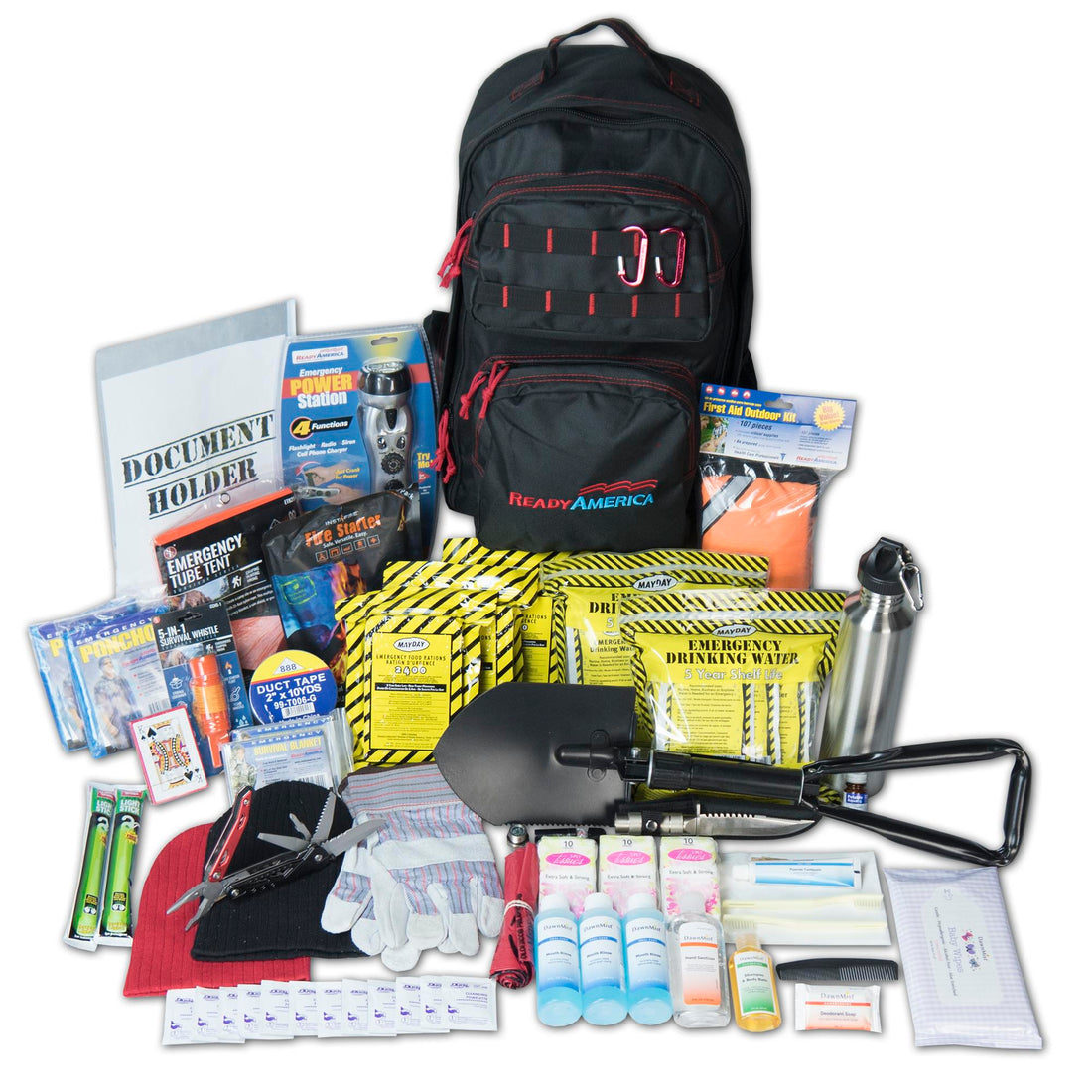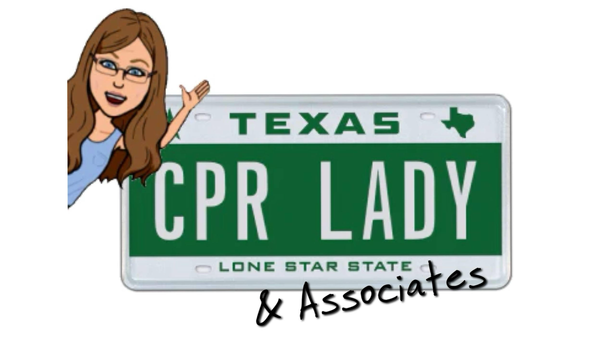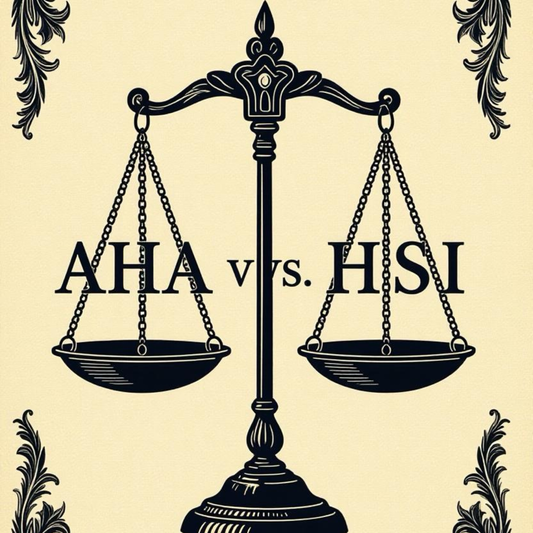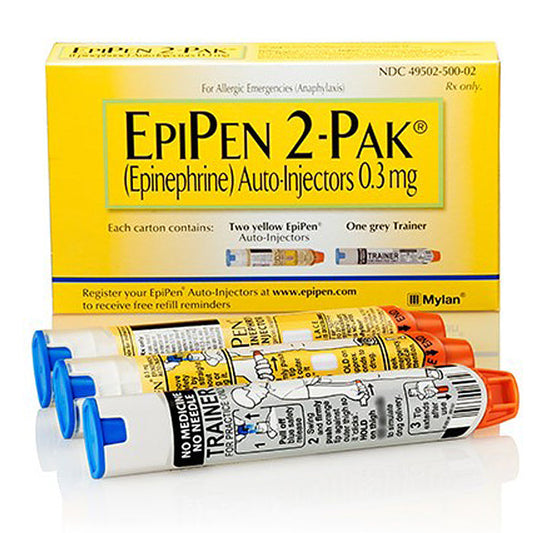
72 Hour Kits: What to include.
William BeauregardShare
In a world where natural disasters, unexpected emergencies, and unforeseen crises can strike at any moment, having a well-prepared 72-hour kit can make all the difference. Whether it's a hurricane, earthquake, power outage, or any other disaster, having essential supplies on hand can help you and your loved ones stay safe and comfortable during the critical first 72 hours. In this blog post, we'll explore the ideal contents of a 72-hour kit to ensure you're well-prepared for any situation.
-
Water: Water is the most crucial element in your emergency kit. Aim for at least one gallon of water per person, per day, for a 3-day supply. Consider packing water purification tablets or a portable water filter to make your supply last longer.
-
Food: Non-perishable, easy-to-prepare food items are essential. Options include canned goods, dried fruits, energy bars, and freeze-dried meals. Ensure you have enough to sustain each person for three days.
-
First Aid Kit: A well-equipped first aid kit should include bandages, antiseptic wipes, gauze, adhesive tape, scissors, tweezers, pain relievers, and any necessary prescription medications for your family members.
-
Shelter and Clothing: In case you need to leave your home, pack lightweight, durable tents, sleeping bags, and blankets to stay warm. Don't forget to include spare clothing suitable for the season and weather conditions.
-
Lighting: Flashlights, headlamps, and extra batteries are essential for maintaining visibility at night. Solar-powered or hand-crank flashlights are excellent options for long-term use.
-
Communication: A battery-powered or hand-crank emergency radio can help you stay informed about the situation. Consider adding a whistle, signal mirror, and a notepad with a pen.
-
Tools and Supplies: Include a multi-tool, duct tape, and a wrench or pliers to assist with minor repairs or adjustments. Also, pack hygiene items such as toothbrushes, toothpaste, soap, and hand sanitizer.
-
Personal Documents: Keep copies of important documents, like identification, insurance policies, and medical records, in a waterproof container. You can also store them digitally on a secure USB drive.
-
Cash: In emergencies, ATMs might not work, so having cash in small denominations can be invaluable for purchasing supplies or paying for transportation.
-
Entertainment and Comfort: To help maintain morale, include items like playing cards, books, or puzzles, especially if you have children. Don't forget comfort items like a favorite stuffed animal or blanket for kids.
Conclusion: Preparing a 72-hour kit with the ideal contents is an essential step in safeguarding your family during emergencies. Remember to periodically check and update your kit to ensure that all items remain in good condition and that your supplies meet the specific needs of your family. By being proactive and well-prepared, you can face unexpected challenges with confidence and resilience.



